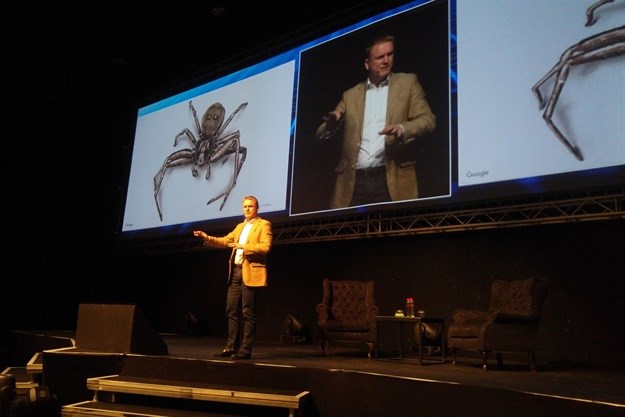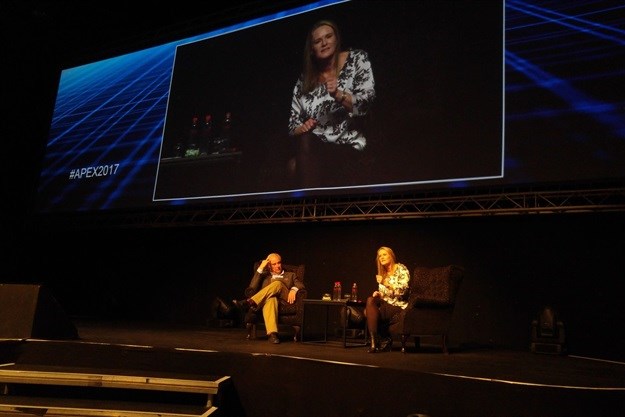
Top stories





Marketing & MediaAds are coming to AI. Does that really have to be such a bad thing?
Ilayaraja Subramanian 18 hours

More news















Give them a toy
Justin Spratt, head of business, sub-Saharan Africa at Uber, says it is important to play. “Innovation and progress is underpinned by creativity. Creativity often happens on the periphery and often looks like a toy.”

The internet was built on porn and gambling, and the printing press published pornographic material 150 years before it published the first scientific paper. The motorcar was a ridiculous invention that was different to start and slower than a horse. It was essentially a toy for rich people to show off their wealth. Uber also started as a toy for rich people – people who could not find a taxi in San Francisco, so they purchased some fancy cars, combined with an iPhone and maps technology. Today Uber is worth $70 billion, Airbnb $30 billion and Snapchat $20 billion - what all started as toys.
“It is about things happening in the periphery. You can spend your life in a spreadsheet, but that is like looking back in the mirror. The advertising industry is about deviation from the norm. If you give people the norm, no one cares. Rather give them a toy.”
There is no doubt that this new environment requires a different set of skills to operate in and to make the most of the digitisation wave that consumers are surfing, says Luke Mckend, country director of Google South Africa.

“While this is the age of data, numbers, statistics and graphs, all are useless unless we have new skills to help us understand what metrics are actually worth measuring, how to interpret the results and then develop actionable insights.”
Google looks at moments of intent, such as 'I want to watch', 'I want it now', 'I want to find', 'I want to buy'. What this means, he says, is that different moments in a consumer’s life provide us with an enormous amount of data and this data enables us to identify, firstly what you are doing and secondly, to provide you with relevant marketing messages. All this is possible because we know who you are.
To add to this, organisations are asking marketers and agencies to meet the same objectives they did previously but with less budget. Add to this a consumer who is struggling to pay attention – nearly 60% skip an ad if they can – and you find the uncomfortable place that agencies and clients are finding themselves in says Natalie Botha, director, creative development Africa and Middle East at Kantar Millward Brown.

Recognising this, Kantar Millward Brown developed five principles to help brands of which to first is to make a meaningful impression. “Price competition is not a sustainable way to compete. A more sustainable way to compete is on your brand purpose. This has been proven by Unilever time and time again.”
Secondly is to work with the brain as opposed to working against the brand. “Ensure consumers understand in an instant, but more importantly, let people feel, before they understand.”
Good storytelling that leaves an impression is next. “People are looking for a story. So, few ads today do that, yet people still buy books and movies. Stories are what lead to sales so appreciate that entertainment that comes from storytelling.”
Fourthly is that no brand means no impression. “If you are advertising be sure to serve your brand well. This means that if you do entertain, ensure it serves the brand. You have five seconds to impress upon the consumer. When a consumer watches an ad, they go for the parts they like the most and that’s where your brand must live.”
Last but not least get the right channel. “This is not new, but we still must get it right. There are different attitudes to different channels, so make it about the attitude and not the usage.”
